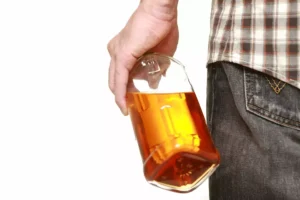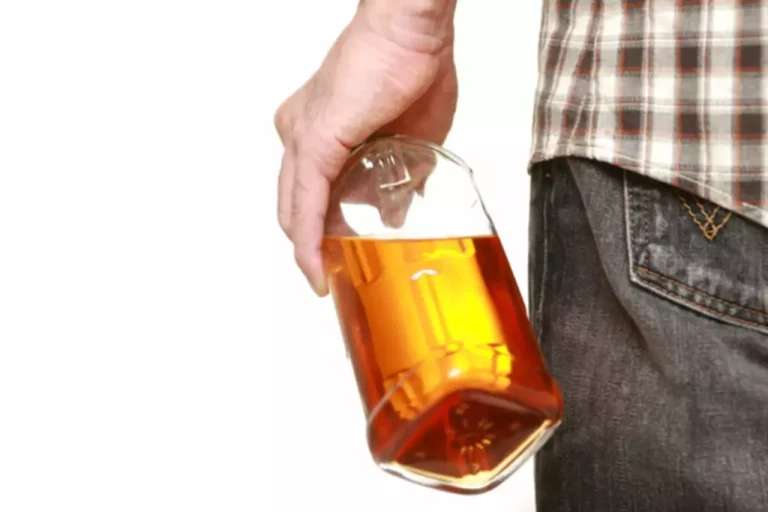
Irreversible damage related to alcohol intake increases the risk for urinary tract infections (UTIs), kidney stones, acute kidney failure, and chronic kidney disease. These are serious conditions that require medical and nutritional interventions. Be sure to enlist the health of a kidney doctor and renal dietitian for help on how to improve these conditions. Yes, excessive drinking can be detrimental to kidney health. It may lead to dehydration, high blood pressure, and an increased risk of chronic kidney disease. It’s crucial to limit beer intake and consider your overall health.
Autoimmune Conditions
If you do drink alcohol, it’s crucial also to drink water. Although you can remain healthy with one kidney, drinking alcohol causes damage beyond your one kidney. Remember, kidney damage and disease can lead to other health issues. If you have chronic kidney disease from alcohol, it’s essential to seek treatment for both conditions. If you misuse alcohol, you will start to experience issues with your kidneys.

How Does Alcohol Affect Your Kidneys?

And not so long ago there was general consensus that drinking in moderation also came with health advantages, including a reduced risk of cardiovascular disease and diabetes. For millions of people, it’s a regular part of the dining experience, social and sports events, celebrations, and milestones. And the alcoholic beverage industry is a major economic force, responsible for more than $250 billion in sales annually in the US. Jen Hernandez is a registered dietitian and board-certified specialist in renal nutrition. She has nearly a decade of experience with kidney disease patients in all stages – from stage 1 through kidney transplant. Jen writes on the blog of Plant-Powered Kidneys to help reach and teach more kidney patients about how they can enjoy more foods in a plant-based diet while protecting kidney health.
- A flow diagram summarizes cohort construction (Supplementary Fig. 2).
- No content on this site, regardless of date, should ever be used as a substitute for direct medical advice from your doctor or other qualified clinician.
- The dietary restrictions imposed by kidney disease require careful attention be paid not only to what you eat but also what you drink.
- For example, alcohol causes dehydration, which decreases blood flow to the kidneys and makes it more difficult for them to do their job.
How Does Alcohol Affect the Kidneys?
“Acetaldehyde is a chemical that can lead to DNA damage. It can lead to other changes to cells that push them in the direction of a tumor,” Rebbeck explains. Epidemiological studies tend to capture the big picture, by asking participants how many drinks of alcohol they consume per week, then following their health over many years. But the data is far from perfect, given inconsistencies over time, or the fact that people often underestimate does drinking beer affect your kidneys how much they actually consume.
- Alcohol increases your risk of developing diabetes and can make it more difficult to manage diabetes if you do have it.
- Excessive alcohol consumption is a well-known risk factor for developing chronic kidney disease (CKD).
- Kidney health experts generally caution against excessive beer consumption.
- This effect of alcohol on kidneys leads to an imbalance in fluids and electrolytes.
- Alcohol impacts many parts of your body, including your kidneys.
One of the concerns about alcohol for kidney patients is the calories that come from drinks. Mixed drinks and malt liquor beverages may be high in potassium. A Bloody Mary, for drug addiction treatment example, has 374 milligrams of potassium. Our website services,content, and products are for informational purposes only. Health Today does notprovide medical advice, diagnosis, or treatment. Yes, alcohol can cause high protein in the blood due to liver damage and inflammation.
The Relationship Between Beer and Kidney Stones
You’ll learn about the potential risks and benefits of drinking beer, along with tips for managing your symptoms. By the end, you’ll feel more informed about your choices, allowing you to enjoy life without compromising your health. Have you ever found yourself wondering if you can enjoy a cold beer while dealing with kidney stones?
- The advice to abstain during pregnancy is well established, and it’s against the law to drive or operate heavy machinery if blood alcohol levels are elevated above a certain level.
- The key takeaway from these studies suggests that moderation is essential.
- The best approach to protecting kidney health from alcohol-related harm is prevention.
- Beer can affect the normal function of kidneys in various ways.
- When consumed in this manner, alcohol can enhance blood circulation and potentially lower the risk of kidney stones.
Why is there blood in urine after drinking alcohol?

A review underway may lead to changes to U.S. guidelines this year. And many experts agree the current advice, which is up to 14 drinks a week for men and seven for women, is out of date and may be too high. On the heels of the surgeon general’s warning about the cancer risks of alcohol, there’s a growing consensus that less is better. Although indirectly, alcohol can cause a urinary tract infection (UTI). The slope of decline in the eGFR estimated over 12 years was less steep in the higher alcohol intake groups (Fig. 3).

However, excessive alcohol consumption can lead to dehydration, increasing the risk of stone formation. You can manage this by staying hydrated with water alongside any beer. A good rule is to drink one glass of water for every beer you consume. This practice not only helps balance your fluid intake but also assists in flushing out any excess minerals in your kidneys. Some think beer consumption primarily prevents kidney stones.
If you fall into any of these categories, avoiding alcohol, or closely monitoring your use, may be your best bet. Excessive alcohol use can also cause liver disease, which in turn puts more stress on the kidneys. For this reason, chronic alcohol use can lead to both liver and kidney disease. Understanding these components helps clarify how beer consumption might impact your kidneys.
Alcohol Content and Kidney Function
Yes, alcohol use can lead to dehydration, temporarily increasing creatinine levels. Excessive alcohol consumption can damage the kidneys and, consequently, elevate creatinine levels. It varies from person to person based on the amounts and frequency of alcohol consumed, genetics, overall health, and lifestyle. For some people, heavy alcohol use can cause kidney damage after years of consumption, while it may happen sooner for others. However, the World Heart Federation (WHF) has clarified that no alcohol, including wine, benefits heart health (26). They emphasize that alcohol is linked to health risks regardless of the amount consumed.
Leave a Reply